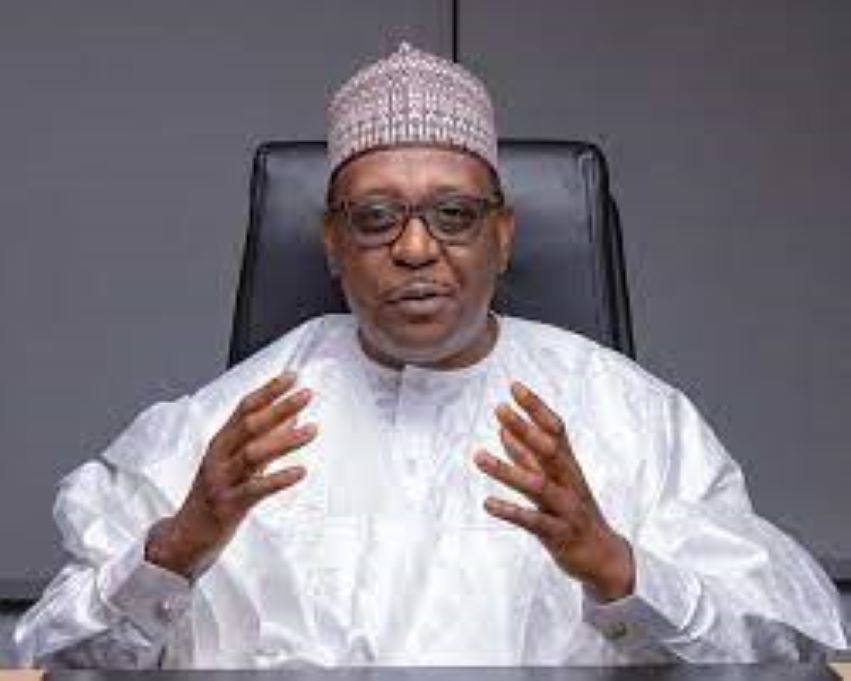By Hassan Zaggi
The Coordinating Minister of Health and Social Welfare, Prof. Muhammad Ali Pate, has charged the 36 state governments and the Federal Capital Territory (FCT) to provide more resources for the state health insurance agencies to make them stronger to enroll more residents of the states in health insurance.
He also tasked the states to promptly pay their 25 per cent counterpart funds for the Basic Health Care Provision Fund (BHCPF).
He gave the charge at the unveiling of the National Health Insurance Authority (NHIA) operational guidelines in Abuja, on Tuesday.
He reiterated the determination of the President Bola Ahmed Tinubu-led government to increase access to affordable healthcare for all Nigerians, which according to him, is key to the attainment of Universal Health Coverage (UHC).
“The federal government is doing a lot in health. What we need to do is the state stepping up, putting the right caliber of human resource at the state health insurance schemes providing coverage for their formal employees and also providing the counterpart funding.
“The federal government puts in 75% out of the BHCPF that goes to the states, the states are to contribute 25%.
“So, with this Nigerians in the years ahead will have some reduced burden in terms of healthcare.”
He explained that the NHIA operational guidelines are meant to provide a direction “so that as a country, between the federal government and its contribution with the states with the provisions of the BHCPF that we will work in a concerted way to expand the affordability of health care for the population in our country, especially, the poorest and most vulnerable Nigerians.”
The guidelines, according to him, have been developed in a consultative manner with all actors with civil society and with the engagement of the state governments.
Speaking, the Director General of NHIA, Prof. Mohammed Sambo, explained that after the NHIA Act was signed last year, he assured Nigerians that the Authority was going to be strategic and purposeful and ensure sustained drive towards implementing the law without any hitch.
“That was why we constituted a multi-disciplinary committee to look at the ABCs of the Act and translate it into the guideline.
“So, all the new things that are being incorporated in the Act have been expanded in this guideline.
“The role of states, the mandatoriness of the health insurance and so on.
“The guideline has very comprehensive issues that clearly state the roles and responsibilities of all the actors in the health insurance space.
“We have introduced a new chapter in the guideline which has to do with governance. Every structure that is required to drive the health insurance are encapsulated,” he explained.
Findings by our Correspondent revealed that the NHIA Operational Guidelines are secondary laws derived from the NHIA Act.
These Operational Guidelines are the result of expert insights and extensive practical experience from all stakeholders in the health insurance ecosystem.
They have been crafted to align with the rebranded NHIA mission, vision, and core values and the extensive reforms within the health insurance ecosystem.
The Guidelines ensure that all stakeholders have a broad-based knowledge of health insurance operations in Nigeria.



